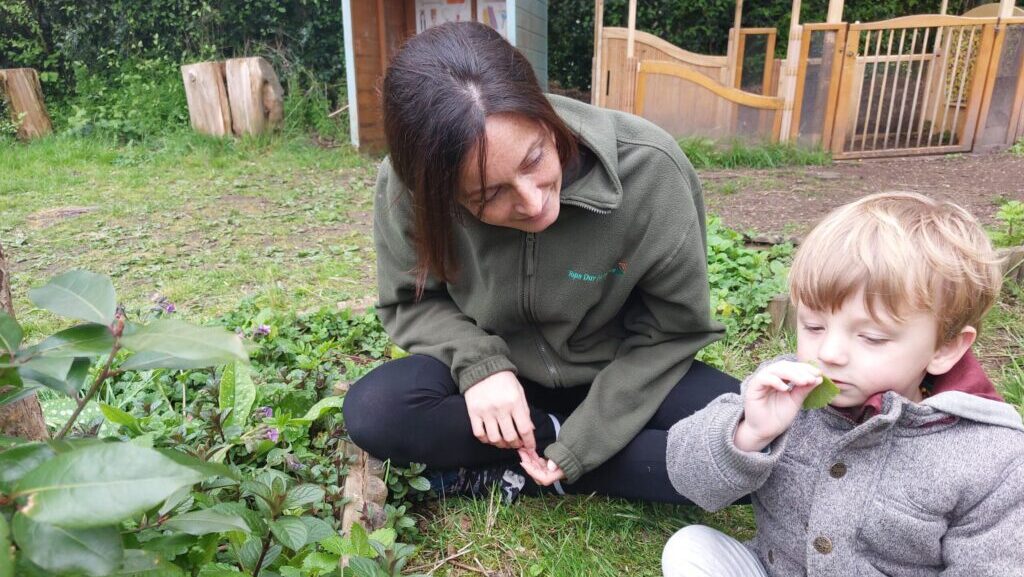Tops Day Nurseries has achieved B Corp certification, showing its commitment to sustainability and social responsibility.
Sector reacts to DfE “cheaper childcare” claim

The early years sector has condemned a Department for Education advert on Facebook which claims parents will “save cash” after “government action to prevent overcharging”.
The DfE post, which promotes “cheaper childcare”, links to information on how to apply for the 15 hours funded childcare for nine-month-olds which became available in September last year.
The post attracted 691 comments from early years providers and parents.
One commenter said: “What an absolutely disgusting marketing campaign! No thoughts or consideration for the hard working providers out there struggling to survive due to the under funding of these so called FREE hours!”.
Another said: “All you do is make out it’s providers that are the baddies but it’s due to your ill thought out and underfunded policy.”
The National Day Nursery Association said it was “misleading” to claim new guidance on charging parents would make childcare “cheaper”.
“It could have the opposite effect,” said an NDNA spokesperson. “Parents don’t want cheap childcare, they want high quality early education and care for their children.”
The spokesperson added: “The vast majority of early education and care providers are fair, open and transparent with parents about these charges. Without them, most nurseries will struggle to remain sustainable because the Government funding leaves 92% of nurseries making a loss on each place. The charges are necessary for the high quality provision which give our youngest children the best start in life.
“With this approach and how it is being communicated – alongside the decision to not incorporate the National Insurance Contributions costs into the funding rates – we will see an exodus of providers.”
Latest News
An evaluation of the government’s expert and mentors programme has found that it had a positive impact on practitioners’ confidence…
The government has approved the first 300 school-based nurseries, which will offer up to 6,000 places.






